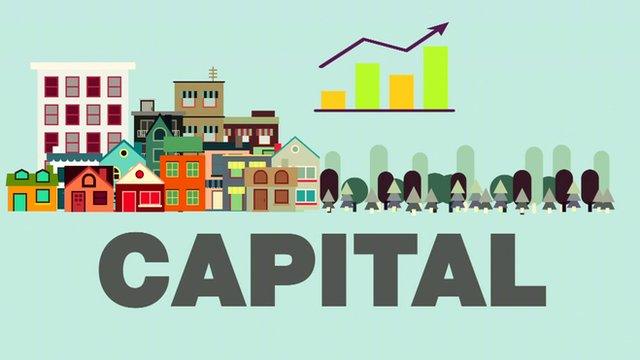Hunting for buried treasure with Thomas Piketty
- Published
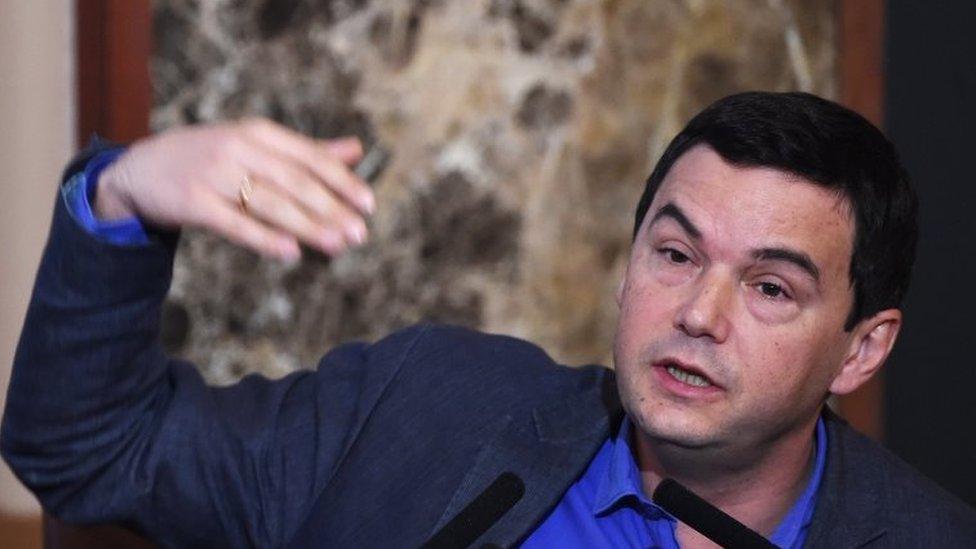
Thomas Piketty is the author of Capital in the Twenty-First Century
We all dream of finding buried treasure, but last year the Economist's Adam Roberts, external and I did just that.
Not twinkling jewels and smouldering mountains of gold, mind, but something just as valuable. We got hold of a huge cache of unpublished data.
And there are plenty more hidden stashes of precious data to be found here in India, according to rock star economist Thomas Piketty.
Data really is treasure these days, just look at Facebook's share price.
It should be pretty obvious why.
The more you know about something, the better you are going to be able to manipulate it - in Facebook's case, of course, that means us.
The value of the data Facebook so carefully collects can be measured in money. That's not true of the data cache Adam and I found. Its value will - potentially at least - be measured in lives saved.
We got hold of a vast survey of the health and welfare of thousands of women and children carried out by the Indian government with the UN agency for children, Unicef. The report had been due for publication in October 2014 but the Indian government had chosen to keep it secret.
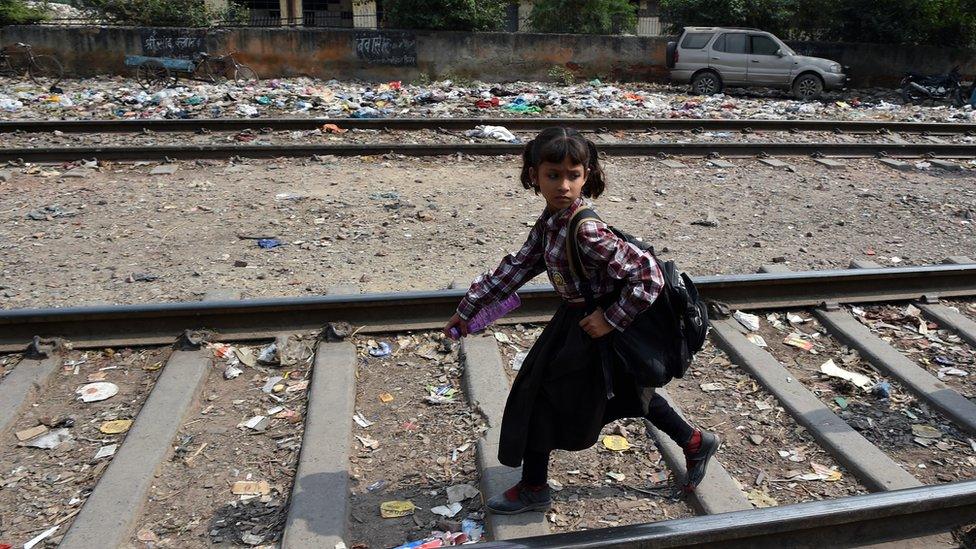
Getting it wrong really matters in a country with so much malnutrition and disease
"Data is crucial for making sound evidence-based plans," fumed Saba Mebrahtu, Unicef's head of nutrition in India.
Health workers had been making decisions about what priorities to set and how to achieve them on the basis of information that was almost a decade old.
Getting it wrong really matters in a country with so much malnutrition and disease.
There was fury as the opposition clashed with the ruling party demanding the data be released officially. The Economist published all the information on its website; a few days later the Indian government quietly followed suit.
But it seems our treasure hunt is not over, because if India is secretive about the nation's health, it is even more cagey about its wealth.
Wealth and inequality
At the Jaipur Literature Festival I met Thomas Piketty, author of one of the most unlikely bestsellers ever, Capital in the Twenty-First Century.
This mammoth tome charting in minute detail, external the progress of inequality across the world over the last few centuries has already sold well over two million copies.
Mr Piketty's book has transformed our understanding of wealth and inequality.
The book describes how the world has become a much more unequal place in the last couple of decades and - more worrying still - suggests it is only likely to get more so, with disastrous consequences for social cohesion and economic growth.
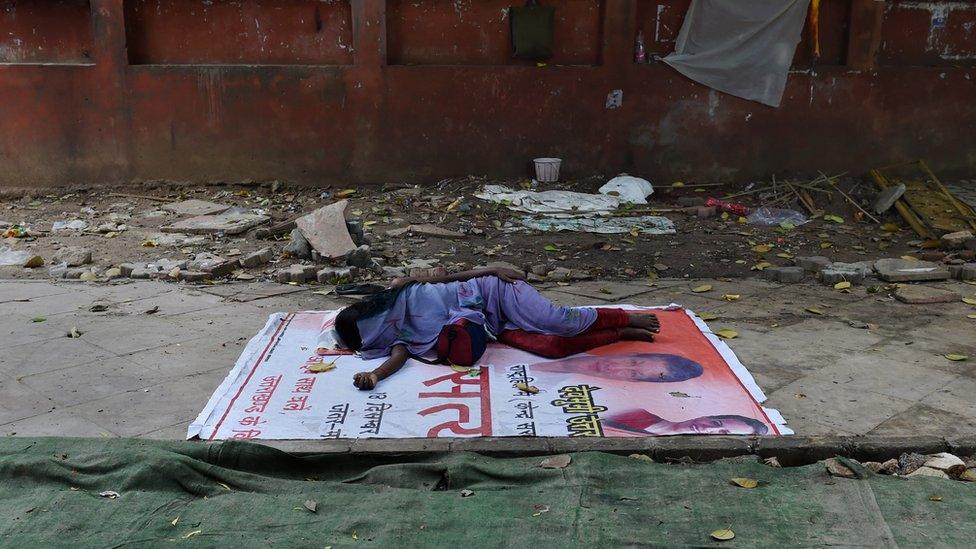
How unequal is India? Thomas Piketty says we have no way of knowing
Mr Piketty was fuming too, and not just about how unfairly wealth is distributed. He is also furious about India's unwillingness to publish its income tax data.
"There is extreme lack of transparency for data, especially income tax data, in India," blasts Mr Piketty.
Without that data, he says, it is very difficult to measure inequality.
That's all too apparent when I ask him the most obvious question of them all: how unequal is India?
"We simply don't know," he tells me with a sigh.
Data deficiency
"India is probably closer to the high inequality countries of the world like Brazil or South Africa, than to the US or Europe," he says. "But where exactly we don't really know, partly because of lack of access to proper data.
"We see the same problem with access to caste census data that was supposed to clarify the link between caste, income, wealth and income inequality. This puts a limit on our ability to put India on a map in terms of inequality."
India used to publish pretty detailed statistics, he says, but then in 2000 it suddenly stopped. And never started again, despite the enactment of a Right of Information Act in 2005.
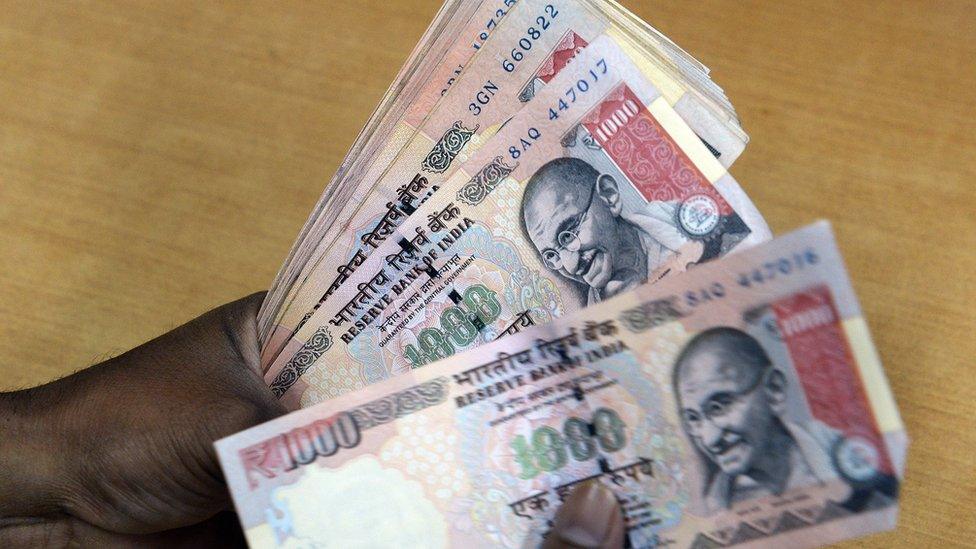
India is probably closer to the high inequality countries of the world like Brazil or South Africa, than to the US or Europe
But it looks like Mr Piketty might have found a way to pry the information out.
The organisers at Jaipur had set up a delicious debate: Mr Piketty in conversation with Arvind Subramanian, the Indian government's urbane chief economic adviser.
When Mr Piketty raised the issue of India's data deficit Mr Subramanian promised to personally ensure the data is released.
We look forward to that.
Democratic debate
In the meantime, please tell me, external if you know of any other missing data and let's try and get hold of it, because health and wealth isn't the only data treasure missing.
Thomas Piketty is widely expected to get the Nobel Prize for his work on inequality. But he's not the only Nobel contender to have issues with India's attitude to information.
Here's what the winner of last year's Nobel Prize for Economic Sciences, Angus Deaton, has to say about data in India:
"My work shows how important it is that independent researchers should have access to data, so that government statistics can be checked, and so that the democratic debate within India can be informed by the different interpretations of different scholars," says Mr Deaton, who won his prize for his analysis of poverty and welfare, mostly based on work in India.
He says, "High quality, open, transparent, and uncensored data are needed to support democracy."
Quite so.
- Published17 September 2015
- Published1 May 2014
